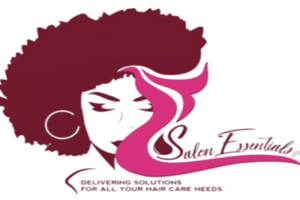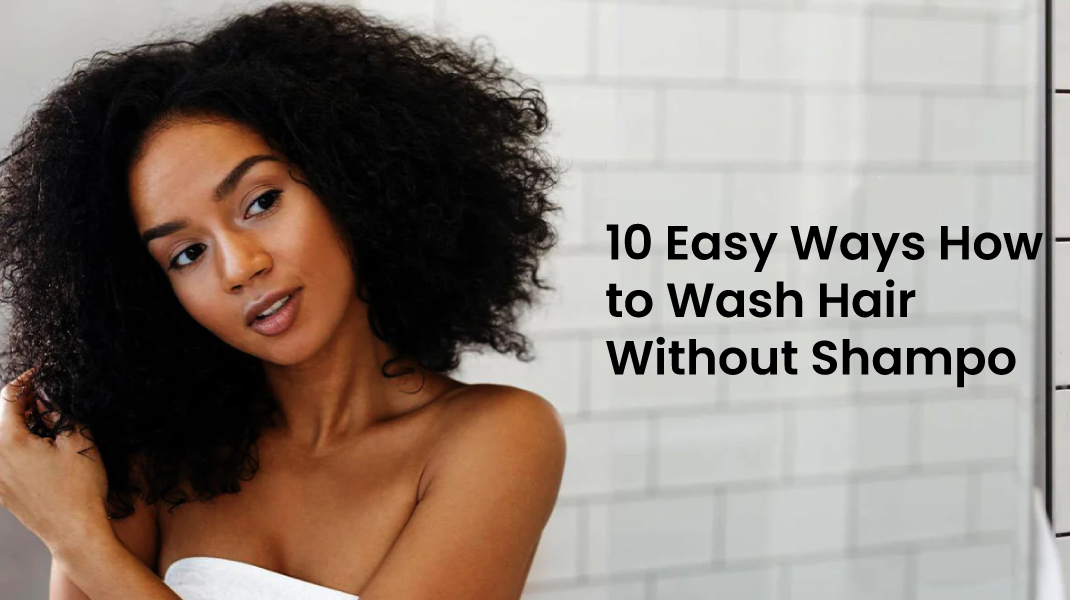Alright, let’s be real for a second. Have you ever felt like your shampoo just isn’t doing your hair any favors? Maybe your scalp gets dry and itchy, or your hair feels greasy way too fast. You wash it more, but somehow, it just gets worse. Annoying, right?
Well, here’s the thing—most shampoos are packed with harsh chemicals that strip away your hair’s natural oils. That’s why your scalp either gets too dry or overcompensates by producing more oil, making your hair greasy again. It’s a never-ending cycle.
But what if we told you that you don’t actually need shampoo to keep your hair clean? That’s where the No-Poo Movement comes in. It’s all about washing your hair in a natural way, without those harsh ingredients. And no, it doesn’t mean just letting your hair go dirty! There are plenty of simple, effective methods—many using things you already have at home.
So, if you’re tired of shampoo messing with your hair, let’s talk about easy ways how to wash hair without shampoo. You might be surprised at how much healthier, softer, and shinier your hair can be!
Why Ditch Shampoo?

Shampoos contain chemicals that may not be good for your hair in the long run. Here’s why some people stop using them:
- Sulfates and Silicones – These strip natural oils, making hair dry or too oily.
- Parabens – Avoiding parabens in hair products can help prevent skin irritation and hormone issues, with some studies showing possible risks.
- Chemical Buildup – Over time, shampoo ingredients can build up and affect scalp health.
- Better for Dry or Frizzy Hair – No-poo methods can help retain moisture and prevent damage.
But, here’s the great news for you. At Salon Essentials, we have shampoos that are super gentle and don’t contain any harmful chemicals, which is great for anyone who prefers a more natural way to take care of their hair.
Our Natural Shampoos are made with ingredients from nature, so they clean your hair while also nourishing it—without using any harsh chemicals. These shampoos are especially good for people with sensitive scalps or dry hair, or anyone who just wants to use safer products.
What is the No-Poo Method?
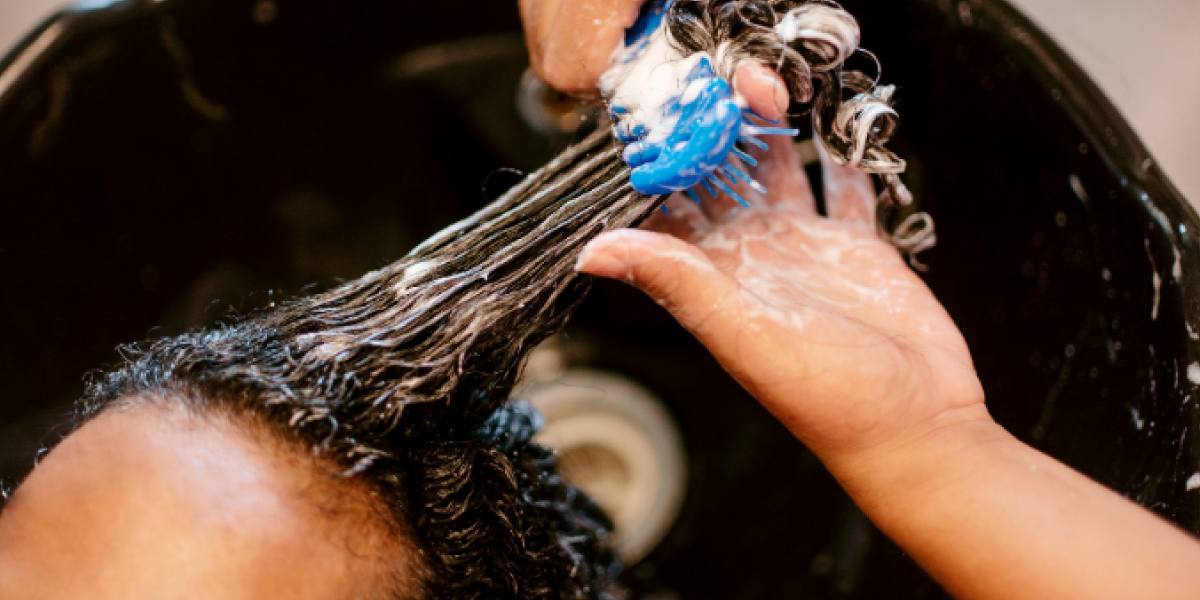
The No-Poo Method is all about washing your hair without traditional shampoos. Instead of using chemical-filled products, people switch to natural cleansers like water-only washing, conditioner-only washing (co-washing), or gentle ingredients like apple cider vinegar and clay.
But here’s the thing—when you first stop using shampoo, your hair might feel greasy. Don’t panic! That’s completely normal because your scalp needs time to adjust. It usually takes about 2 to 6 weeks for your scalp to regulate its natural oil production.
In the meantime, if your hair feels too oily, you can use a dry shampoo like cornstarch or arrowroot powder to absorb excess grease. If your scalp feels itchy, an apple cider vinegar rinse can help balance its pH and soothe irritation.
And if you notice product buildup, a clay wash (like bentonite or rhassoul clay) can gently remove residue without stripping your hair’s natural moisture. It’s all about finding what works best for your hair and giving it time to adjust!
How to Wash Hair Without Shampoo: Best Shampoo Alternatives
Now, let’s show you some effective shampoo alternatives and how you can wash your hair applying those methods.
A. Water-Only Method
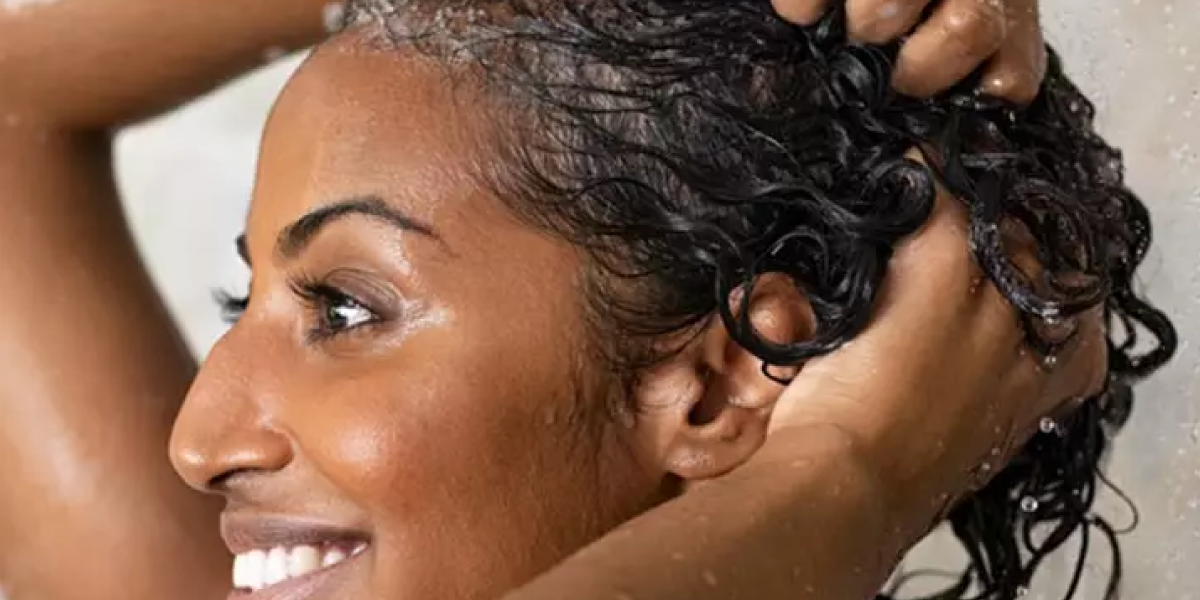
This method uses just water to rinse away dirt and spread natural oils from the scalp to the hair. It’s best for people who don’t use a lot of hair products and works well for dandruff-prone scalps—but proper rinsing is an important factor here.
How to Use:
- Use warm water (not hot) to open hair cuticles and loosen dirt.
- Massage your scalp well with your fingertips to break up buildup.
- Rinse with cool water to close the cuticles and add shine.
- Use a boar bristle brush to spread the natural oils in your hair evenly.
Tip: If your scalp gets too greasy, try using a dry shampoo (like cornstarch or arrowroot powder) in between washes.
B. Baking Soda & Vinegar Rinse
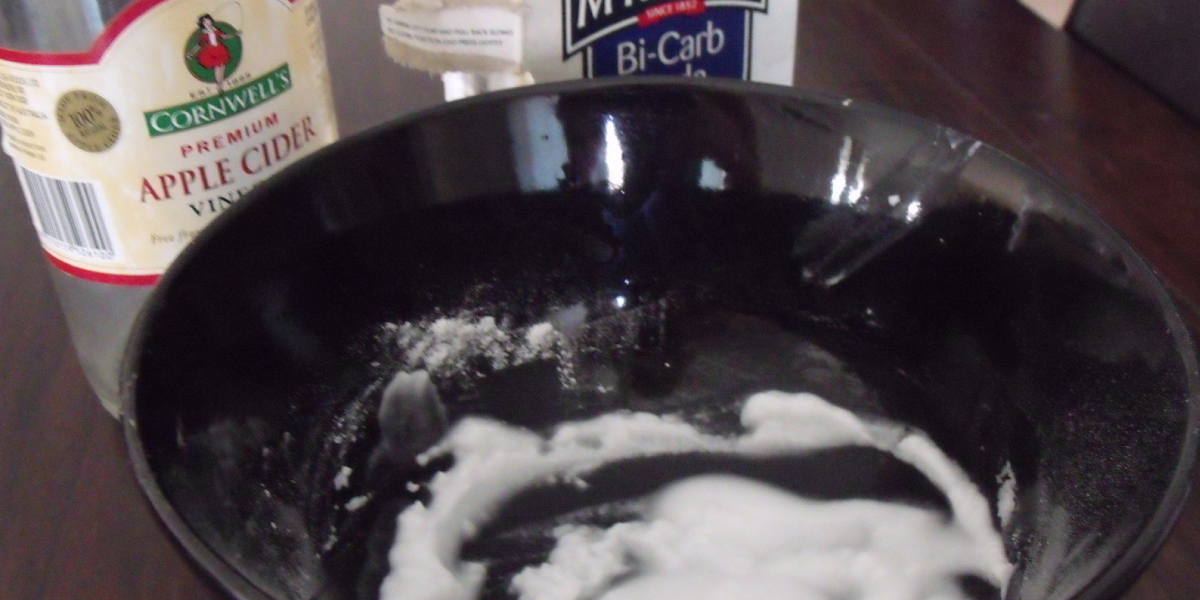
- Baking soda cleans by breaking down dirt and oil.
- Apple cider vinegar (ACV) restores scalp pH and has antifungal properties.
- Best for oily hair but should be used only once a week to avoid dryness.
How to Use:
| Step | What to Do |
| 1 | First, mix 1 tbsp of baking soda with 1 cup of water properly. Then, apply it to the scalp. |
| 2 | Rinse thoroughly with warm water. |
| 3 | Mix 2 tbsp of ACV with 1 cup of water. Use as a final rinse. |
| 4 | Let it sit for 2 minutes, then rinse with cool water. |
C. Apple Cider Vinegar (ACV) Rinse
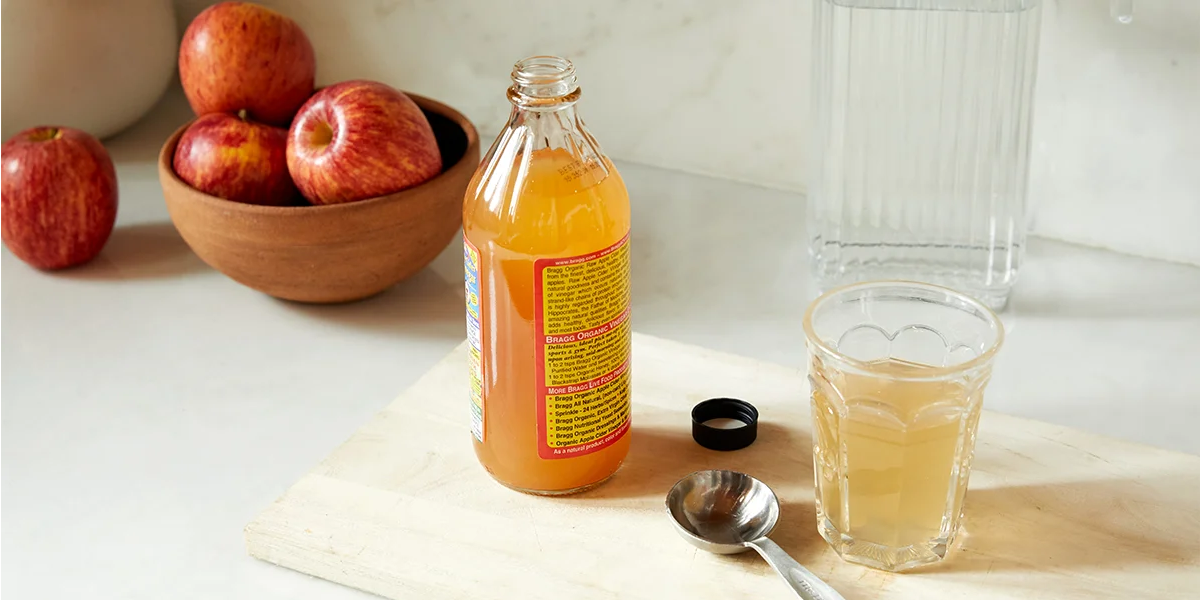
ACV helps remove dirt, balances scalp pH, and adds shine. Vinegar has antimicrobial properties, like acetic acid, that help remove buildup and cleanse the scalp while balancing its pH. It’s great for dry scalps and oily hair because it keeps oil production balanced.
How to Use: Mix 1–2 tablespoons of ACV with a cup of water. After rinsing your hair, pour the mixture over your scalp and hair. Let it sit for 2–3 minutes, then rinse with cool water. Use twice a week for best results.
D. Aloe Vera Gel
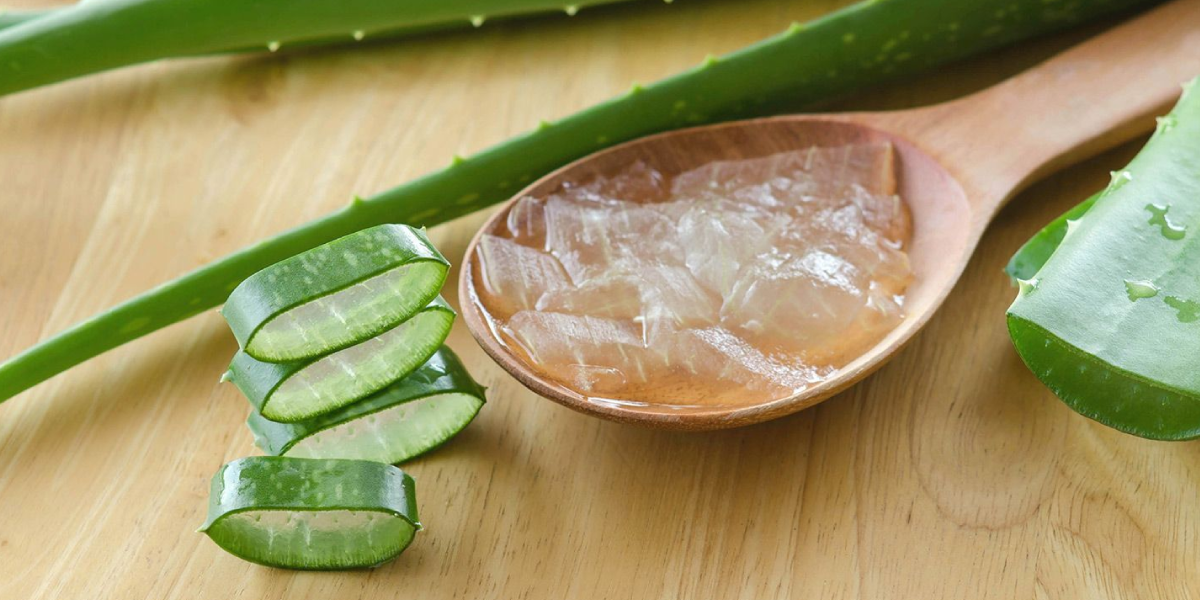
Aloe vera is a gentle, natural cleanser that soothes the scalp and fights dandruff. It works well for sensitive scalps and keeps hair hydrated.
How to Use: Blend fresh aloe vera gel with water and apply it to your scalp like a shampoo. Massage for 2–3 minutes, then rinse thoroughly. You can also mix it with a little coconut milk for extra nourishment.
E. Clay Wash (Bentonite or Rhassoul Clay)
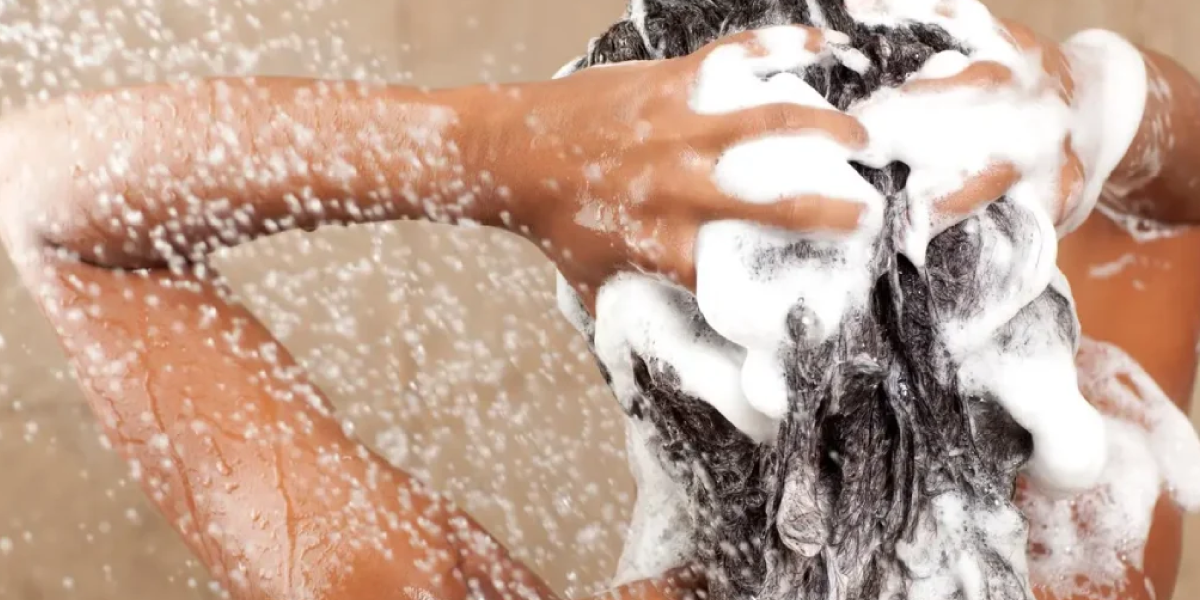
Clay helps remove product buildup without stripping natural oils, which makes it perfect for greasy hair and scalp detoxing.
How to Use: Mix 2 tablespoons of clay with water or apple cider vinegar as long as it forms a smooth paste. Apply it to damp/ wet hair, let it sit for 5–10 minutes, after that rinse with lukewarm water. Avoid using it too often, as it can be drying.
F. Soap Nuts (Reetha)
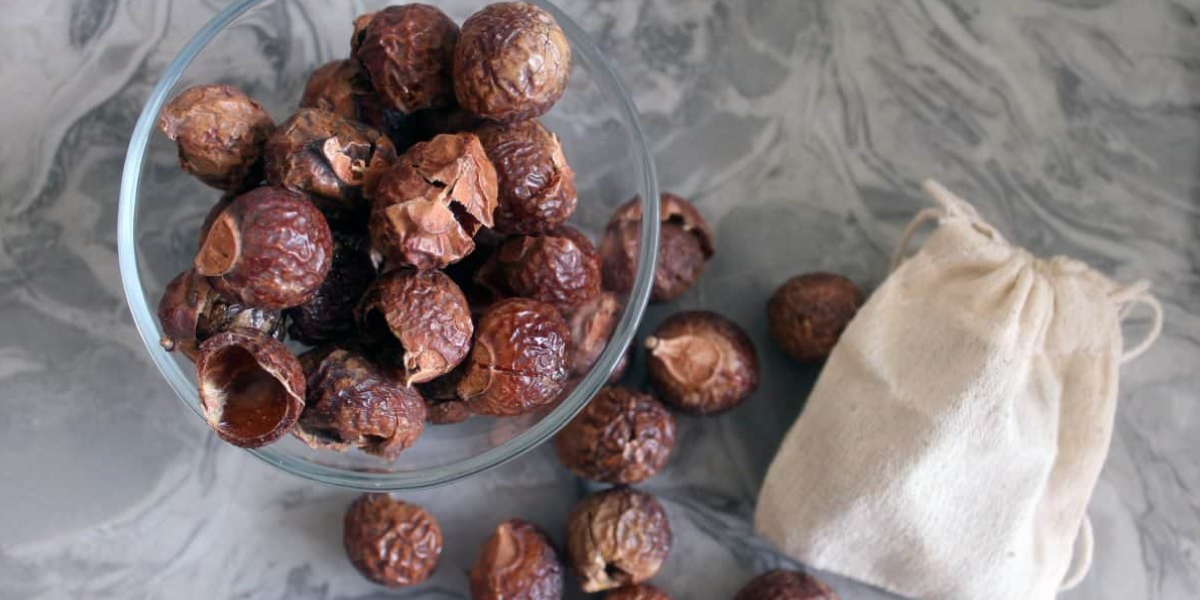
Soap nuts are a natural foaming cleanser with antibacterial properties, which makes them ideal for oily and dandruff-prone scalps.
How to Use: Boil a handful of soap nuts in water for about 10–15 minutes, then strain the liquid. Massage this into your scalp and hair like shampoo, then rinse it out well. Store leftovers in the fridge for up to a week.
G. Egg Wash – A Protein-Rich Cleanser
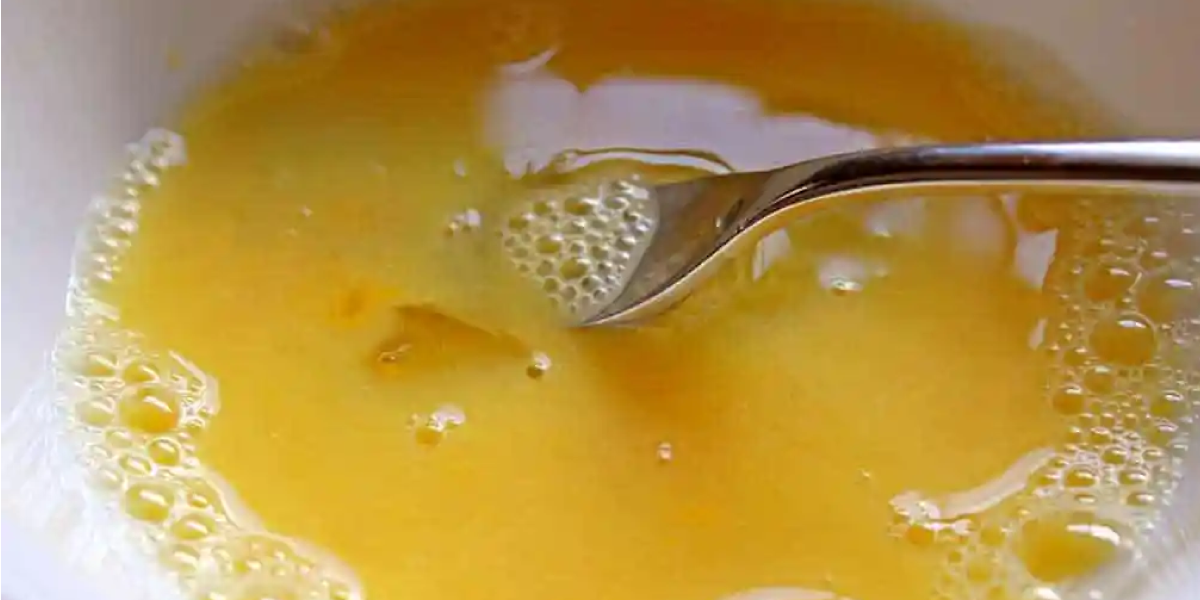
Eggs strengthen hair, add shine, and are best for dry and damaged hair. Excessive protein can make your hair stiff, so use it only once a week.
How to Use: Beat one egg and mix it with a little water or lemon juice to reduce the smell. Apply to damp hair, leave it for 5–10 minutes, then rinse with cool water (never hot, or it will cook the egg in your hair!).
H. Herbal Hair Rinses

If you’re looking for a more natural way to take care of your hair, herbal hair rinses might be just what you need. Let’s go through some herbs and their amazing benefits:
- Green Tea: This one’s great for soothing an itchy scalp and helps to reduce dandruff.
- Hibiscus: It adds moisture and shine to your hair, making it look vibrant.
- Rosemary: If you’re hoping to boost hair growth, rosemary is your friend.
For herbal rinses, brew the herbs in hot water and let it cool. After shampooing, pour it over your hair as a final rinse.
I. Rye Flour Wash
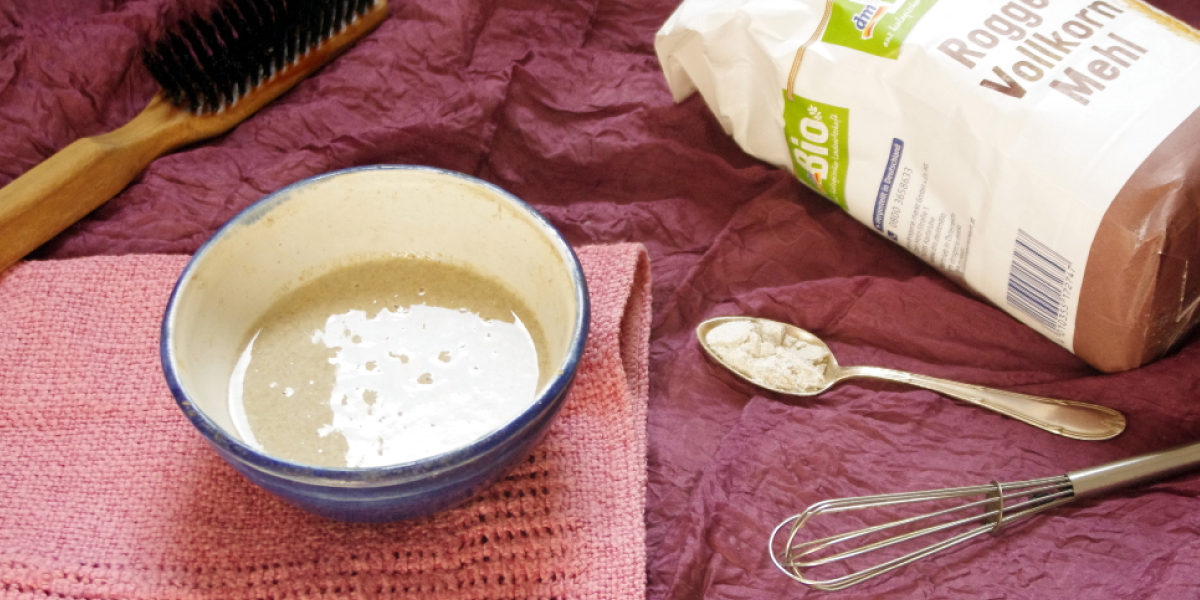
It’s a gentle alternative to shampoo that cleanses without stripping. Best for fine hair and people with sensitive scalps. Rye flour wash can be mixed with water to form a paste and massaged into the scalp. Rinse thoroughly after a few minutes.
J. Goat Milk Soap
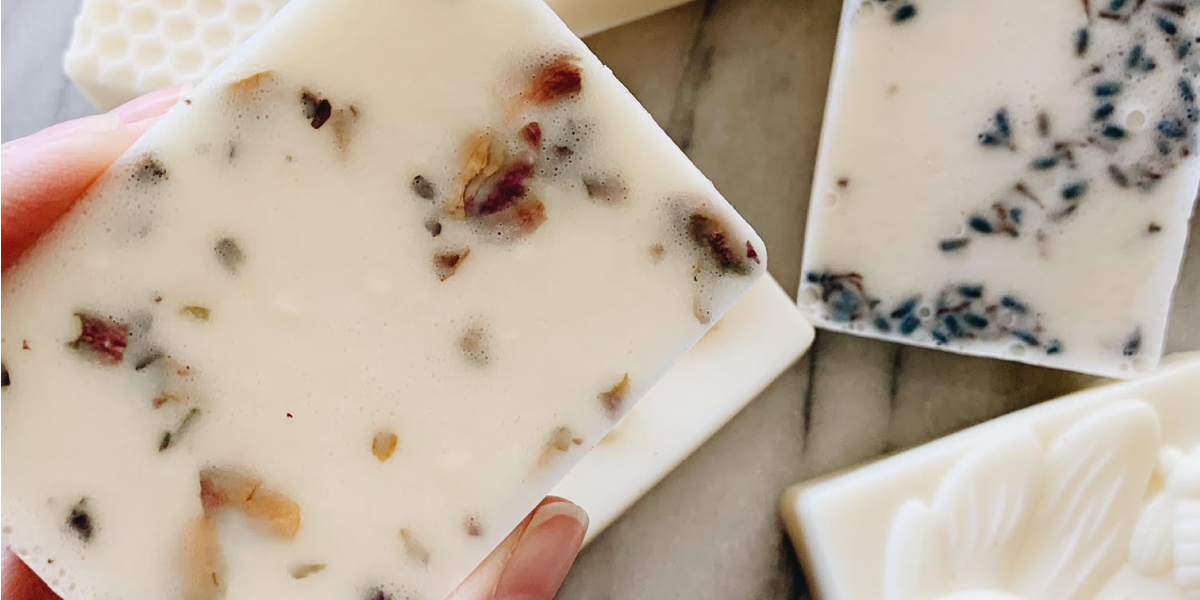
It’s a mild shampoo alternative for dry hair and sensitive scalps. Rich in moisturizing fats and proteins. Goat milk soap can be lathered just like regular shampoo, but make sure to rinse well to leave your hair feeling clean but not dry.
How to Transition to a No-Poo Routine
Switching to no-poo should be gradual. Here’s how:
- Start by reducing shampoo use – If you wash daily, switch to every other day.
- Introduce natural cleansers – Try ACV or baking soda once a week.
- Use dry shampoo – Cornstarch or arrowroot powder can help with greasy hair.
- Be patient – Your hair will adjust in 2–6 weeks.
Common Mistakes to Avoid
If you’re using baking soda in your hair care routine, be careful not to overdo it because using it too often can dry out your hair. Also, make sure you rinse your hair properly; if you leave any residue behind, it can make your hair feel heavy or greasy.
And when washing your hair, avoid using hot water because it strips your hair of its natural oils. It’s always better to rinse with cool or lukewarm water to keep your hair healthy and super shiny.
No-Poo Product Recommendations
DIY Options
- Dry shampoo: Arrowroot powder or cornstarch.
- Natural conditioner: Aloe vera gel or coconut milk.
- Clarifying rinse: Apple cider vinegar mixed with water.
Store-Bought No-Poo Products
| Product | Best For |
| Rhassoul Clay Powder | Oily scalp, product buildup |
| Shea Moisture Co-Wash | Curly, coily hair |
| Soap Nuts (Reetha) | Natural foaming cleanser |
You can also check out this guide to learn how to buy the right shampoo based on your hair type.
Wrapping Up
So, hopefully, you now know how to wash hair without shampoo. A lot of people use shampoo and conditioner for their hair care routine, and it works well for them. But if you have naturally dry hair, using regular shampoo can make your hair even drier over time.
Instead, you might want to try not using shampoo at all. Using co-washes (conditioner washes) or just conditioner to clean your hair could also be the key to making your hair softer and easier to handle, in addition to all the mentioned alternatives to shampoo.
FAQs
|
